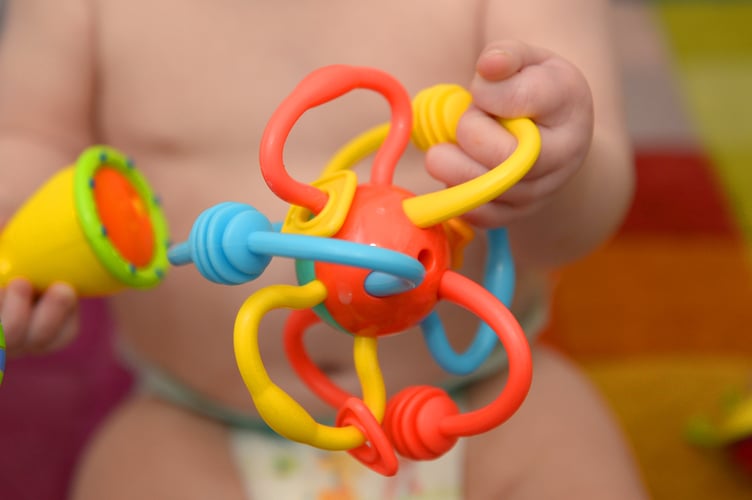Fewer babies were born in Torridge in 2022 than the year before, new figures show.
New data from the ONS shows a continuing trend of fewer people giving birth – with England and Wales seeing the lowest number registered of any year since at least 2002.
The figures show there were 512 live births in Torridge in 2022 – a slight fall from 516 the year before.
Over the past decade, 2016 saw the highest number of births in the area, with 632 over the course of the year. At the other end of the scale, 2019 was the year with the fewest – with 496 babies born.
Commenting on the figures, James Tucker, the ONS’ head of health analysis, said: "The annual number of births in England and Wales continues its recent decline, with 2022 recording the lowest number of live births seen for two decades."
The ONS' analysis shows births hit a recent peak in 2012, with the number declining over the following decade. The coronavirus pandemic does not appear to have altered birth rates significantly in either direction.
Mr Tucker added: "Almost a third of all those births were to non-UK born women. This is the highest proportion of live births to non-UK born women seen since our records began, with India now the most common country of birth for non-UK born parents."
Separate figures from the organisation show the number of births to mothers born outside of the UK increased slightly for the first time in five years.
In Torridge, 21 births were to non-UK born women, accounting for 4.1% of births in the area.
This was down from the year before when the rate was 5.4%.
Last year saw a shake-up in the countries of birth of parents in England and Wales. India overtook Romania as the most common country of birth for non-UK born mothers – and replaced Pakistan for non-UK born fathers.
Nuni Jorgensen, researcher at the Migration Observatory at the University of Oxford, said: “The number of children born to non-UK-born mothers has remained pretty stable over the last few years, but the number of births to UK-born women has been falling very rapidly.
"This inevitably means that the share of births to non-UK-born women goes up."




